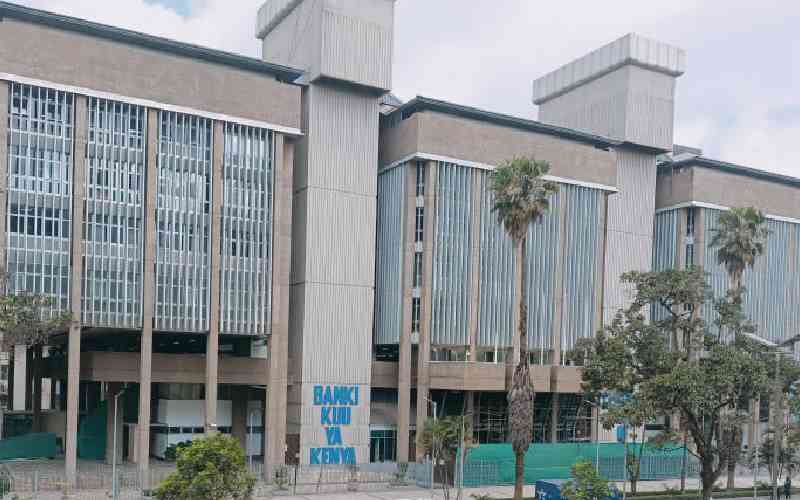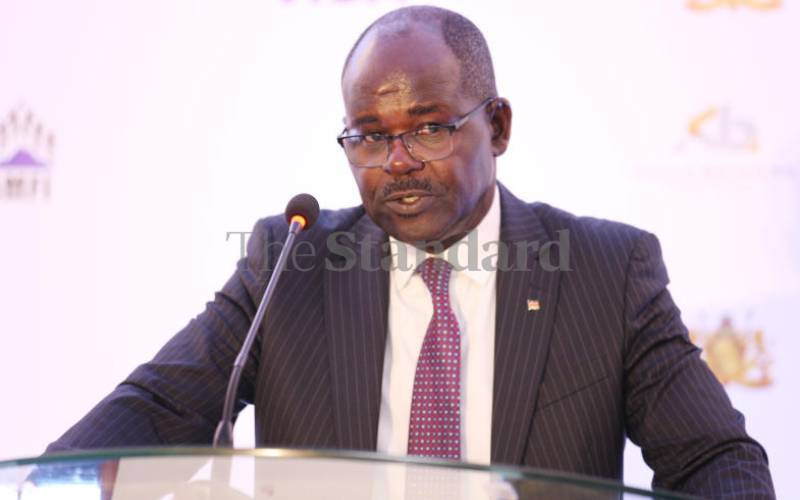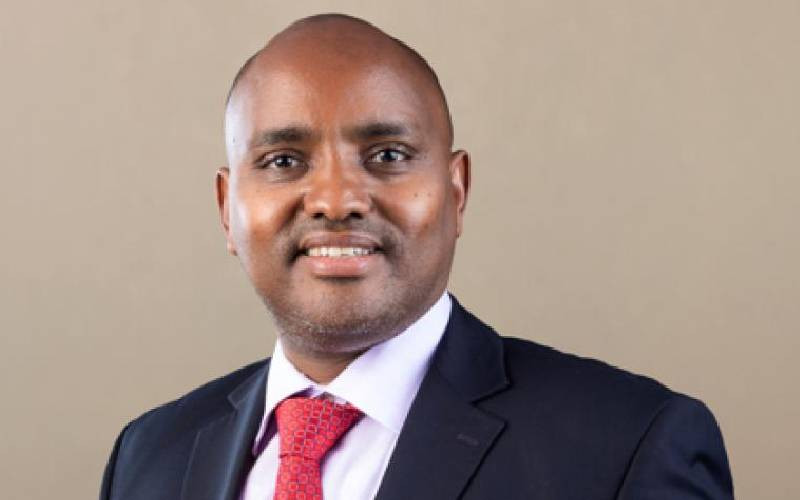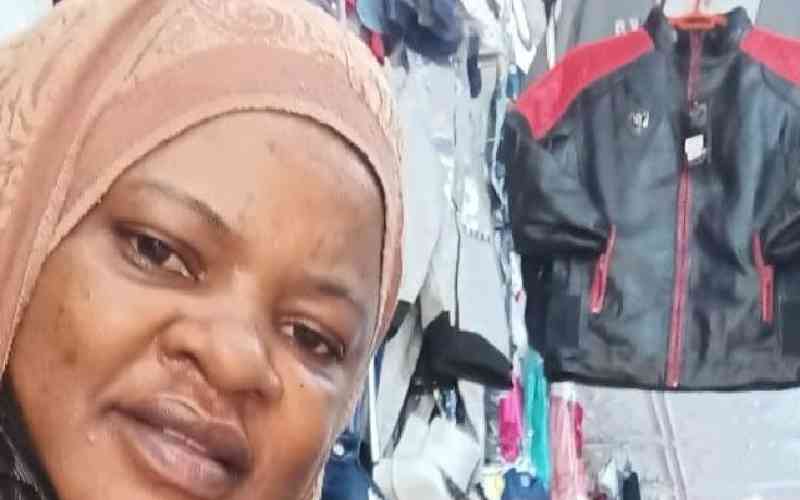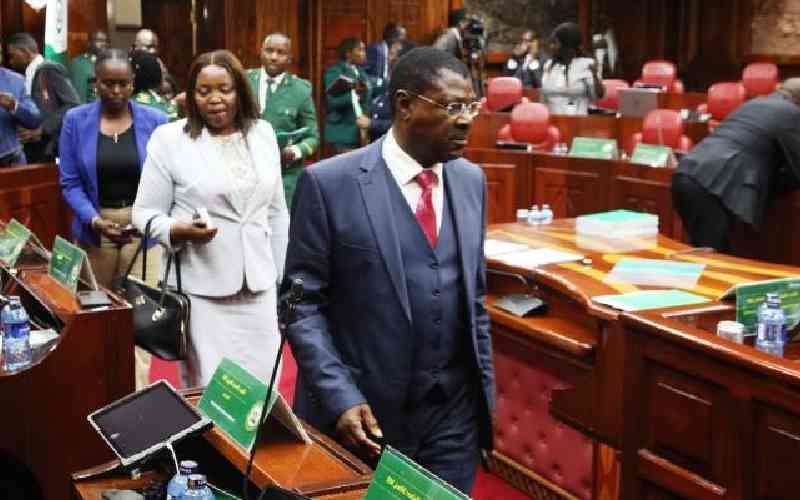A subtle transformation is taking place globally in the financial industry. A wide range of institutions are starting to embrace and consolidate sustainable development considerations in their financial decision making. Far from being seen as a drag on growth or another compliance cost, sustainability is now being regarded as an important part of economic recovery that is more stable and efficient growth.
The new Sustainable Development Goals (SDGs) make business more conscious of its economic, social and environmental responsibilities. These SDGs apply to all nations seeking to tackle inequality, end poverty and hunger, acquire sustainable consumption and production, and promote peaceful and inclusive societies.
Each of the SDGs provides opportunities for businesses to adopt sustainable practices and reporting. They also unearth areas for comprehensive risk management. In 2014 for example, Standard Chartered Bank more than doubled the staff working in Financial Crime Compliance. Its commitment to prevent bribery, corruption and money laundering has increased transparency and created thousands of jobs globally. The bank also has materially addressed risks that would erode shareholder value.
We see other banks taking on more progressive polices that create long-term value and also are aligned to the SDGs. NIC Bank and Ecobank have introduced SDG-aligned requirements for commercial clients; Equity Bank has partnered with Agra to share risk in financing agriculture; and KCB recently required its suppliers to sign a code of ethics tied to the UN Global Compact Principles. In the non-bank mobile money space, Safaricom also outlined its strategic plan which is infused with the SDGs.
At the same time, investors and stakeholders are beginning to understand that paying attention to climate risk is an essential part of sound investment strategy that aims to reduce risk from investments and contribute to building a more sustainable society.
No doubt, a paradigm shift is at hand. Within the public sector, new policies to support the green economy are also in play. Sponsored by National Treasury, Kenya will soon launch a green economy investment policy and strategic plan. This follows the Climate Change Act 2016 which came into force in May, and seeks to mitigate the adverse economic impact of climate change while supporting the Kenya Constitution's requirement that development be pursued in a sustainable way. Considering that climate change could reduce global GDP by over 20 percent, the Government's action to mitigate this economic risk is commendable.
However, risk management is not the only narrative of climate change. If Kenya requires approximately $100 million per year to mitigate the economic impact of global warming, one doesn't need an advanced degree in economics to see that there is an opportunity for business for public and private sector finance.
Capital is required for infrastructure, energy, education, healthcare, agriculture, and manufacturing, to name a few sectors. Within these sectors the greatest opportunities lie in SMEs.
Certainly through public policy, the market will be supported by the envisioned national climate change fund; but the role for debt and equity financing is tremendous, as well as the role for insurance-backed products. It is in this context that Nairobi Securities Exchange joined the UN's Sustainable Stock Exchange Initiative and made commitments to help raise capital for the green economy.
Financial institutions and policy makers have an enormous opportunity and responsibility to turn the green economy vision into reality.
Implementing the new SDGs will bring accelerated, unprecedented action to foster growth, progress towards reducing poverty and build resilient ecosystems.
Nevertheless, the biggest challenge will be drilling down the SDGs to the firm level. Formulating institutional implementation plans and strategies to respond to the goals and targets will therefore be the point at which the SDGs are put into action, putting us well on the road to creating a better and more just future for all.
 The Standard Group Plc is a
multi-media organization with investments in media platforms spanning newspaper
print operations, television, radio broadcasting, digital and online services. The
Standard Group is recognized as a leading multi-media house in Kenya with a key
influence in matters of national and international interest.
The Standard Group Plc is a
multi-media organization with investments in media platforms spanning newspaper
print operations, television, radio broadcasting, digital and online services. The
Standard Group is recognized as a leading multi-media house in Kenya with a key
influence in matters of national and international interest.
 The Standard Group Plc is a
multi-media organization with investments in media platforms spanning newspaper
print operations, television, radio broadcasting, digital and online services. The
Standard Group is recognized as a leading multi-media house in Kenya with a key
influence in matters of national and international interest.
The Standard Group Plc is a
multi-media organization with investments in media platforms spanning newspaper
print operations, television, radio broadcasting, digital and online services. The
Standard Group is recognized as a leading multi-media house in Kenya with a key
influence in matters of national and international interest.

